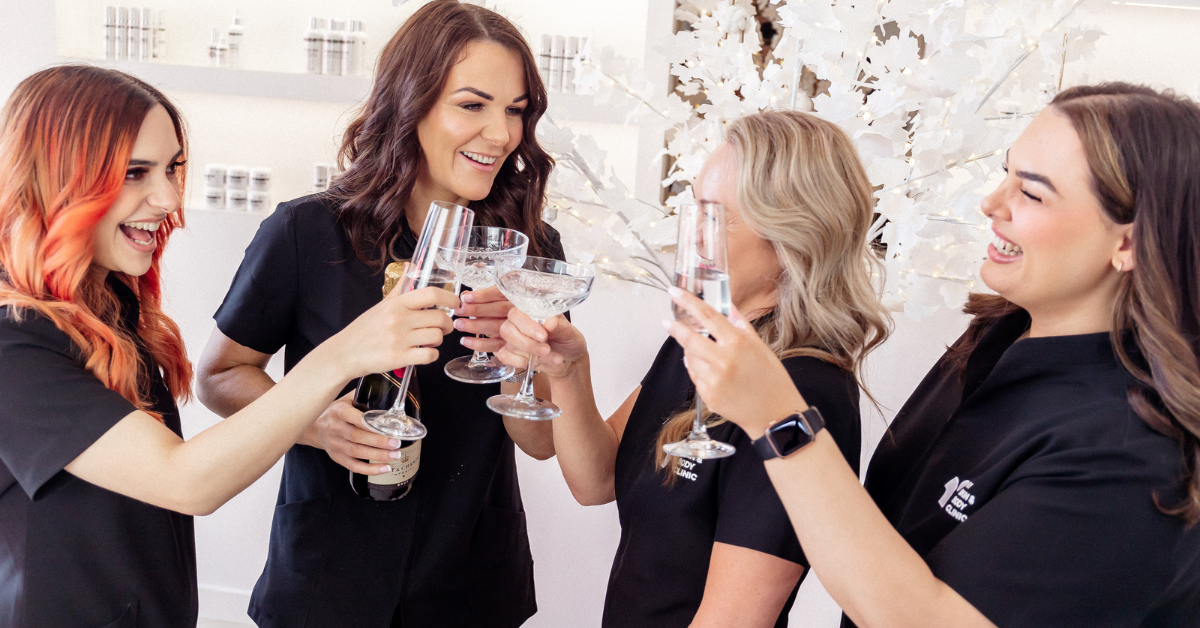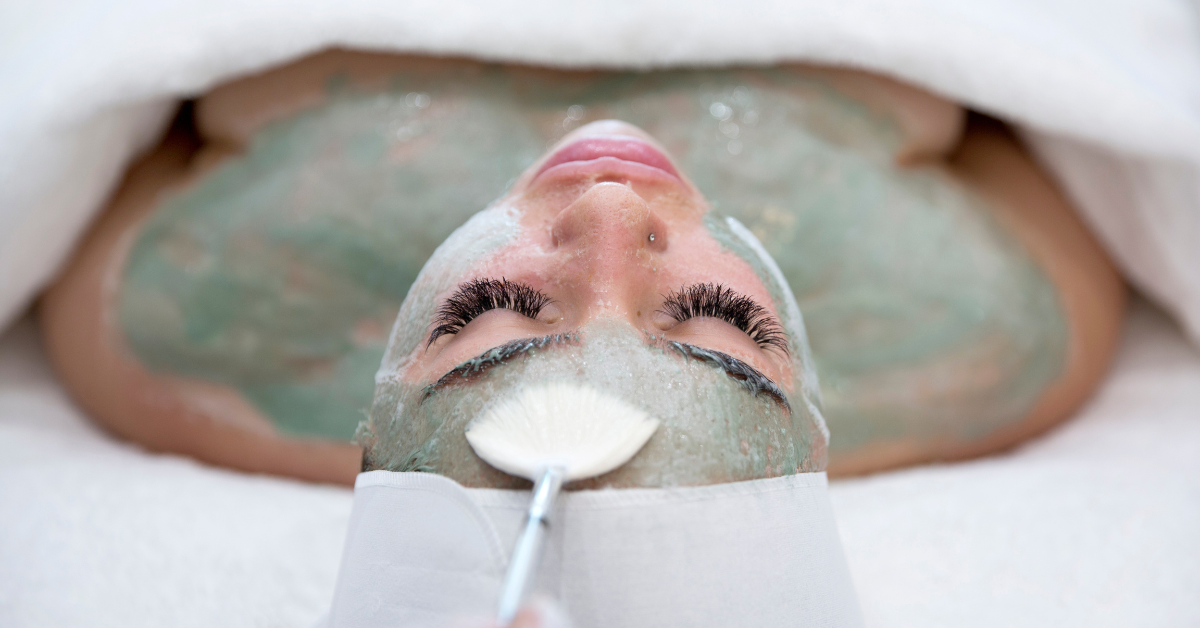What Is Gut Health?
Everyone is talking about “guts” lately. Specifically, gut health. Your gut is your gastrointestinal tract: starting where the food goes in and ending where the waste comes out. The stomach and your small and large intestines are all part of it too, which are made up of good and bad bacteria. A healthy gut will have more good bacteria than bad, have normal contractions when food is consumed, and will be able to digest the food that comes through; taking the vitamins and minerals that it needs and sending the rest off to be disposed of.
What is gut flora?
Your gut flora is a term used to describe the trillions of bacteria that live in your gut and your digestive system. A healthy gut will be made of around 85% good bacteria and around 15% bad. To begin with, we want them there. We’re not going to treat them with antibiotics – in fact, antibiotics can kill the baddies and the goodies! It’s thought they begin their colonisation in an individual’s gut at birth, though more recent research is suggesting they begin their presence in the womb. Research is saying they’re so good that we need to reconsider them as being the true brain of the body!
What does my gut flora do?
Put simply, you could say all of your bacteria creates a balance throughout the body. They influence so many aspects of a person’s health and wellbeing that it’s safe to say we cannot survive without them! They affect our mood, our immune system, skin and weight. Not only do they help make several vitamins, they influence the making of many hormones, assist in our sleep patterns and clear mindedness and to top it off, they produce 95% of our serotonin – keeping us happy and sane! But if the bad bacteria take precedence, you may have loose, unformed stools, or constipation, maybe your faeces are foul smelling, you feel gassy and foggy headed – these are some of the most common signs that your gut flora is out of whack.
Do we need to help our gut flora?
We need to help the good bacteria! However, we do need some of the bad ones – it’s the balance that counts. As an example, if we have an overabundance of the bad bacteria, our gut lining becomes inflamed and this inhibits the work of the good bacteria. It sounds pretty complex and extremely busy down there, however it appears that how we feel every day depends to a large extent on our good gut bacteria. So it’s vitally important that we help them.
How does gut health effect the skin?
If our gut is inflamed and not functioning properly because there’s too much bad bacteria, the good food we eat will not be getting through to create the right balance of hormones and nutrients which influence our skin’s health. You won’t be sleeping well, you might be constipated, bloated and you’re likely to be stressed and crave sugary, processed foods! All these things we usually attribute to different reasons, however the truth is that we can blame them all on our gut biome. If we want to change things in our life, then we need to keep our gut healthy!
Poor gut health can lead to acne, breakouts, inflamed skin, psoriasis and eczema; these are tell tale signs that your gut health is not as good as it could be. So we need to feed our good bacteria and allow them to take over from the bad bacteria– and just like that we have clearer skin! It feels better, looks better and is healthier!
How can we improve our gut flora?
By eating well! It’s quite simple really. We know we feel sluggish and slow after a big, rich meal or sugar laden snack. We know we get a short-term lift when we munch on chocolate or lollies and now we know the reason why. If we eat a diet high in good quality protein and containing heaps of veggies, we feel energized and usually are happy. Guess what? It’s from all those little creepy-crawlies in our gut!
Our diet should contain: olive oil, nuts, oily fish, full fat dairy, eggs, oats, barley, seaweed, insulin rich foods (such as onion, asparagus and Jerusalem artichokes) and lots of veggies, especially green ones. Also aim for your diet to be as organic as possible and contain no refined sugars or processed foods. Then add in some fermented foods, such as Kombucha, kefir and yogurts, ensuring they contain “live” or “active” bacteria. Oh and what about alcohol I hear you you ask? Turns out that red wine in moderation is helpful (yay!).
Other things you can do to help your gut:
- Intermittent Fasting – either the 5:2 diet or do a regular detox (weekly, monthly or less often). We strongly recommend Regul8 Digestive tune up to kick start your journey to good gut health.
- Supplementing with pre and probiotics will help a deficit diet, but also is a good launch pad as you change other aspects of your life. Prebiotics contain the food to feed the probiotics, which are the live bacteria. We need to give the good bacteria the tools to work properly: greens and berries in abundance.
- Manage your stress – find a way that suits you. Your good bacteria get overrun by the bad bacteria’s growth spurt when your stress hormones rise, but they especially love some daily mindfulness – so we suggest you have a go and master it. When you’re stressed you actually crave poor, sugar laden foods – interesting isn’t it? We love mindfulness apps like Smiling Mind – great for newbies like ourselves!
- Get enough sleep, around 8 hours per night. Eating well and improving your gut health will help, as will decreasing alcohol and managing your stress.
- High Intensity Interval Training (HIIT). The number of mitochondria (the biochemical powerhouse of our cells) increase during this type of exercise, meaning our cardiac output and efficiency is at it’s peak, fat is burnt (yay!) and excess sugars in our muscles are flushed out – a win win! Bonus for those of you that are time-stressed – most workouts are just a quick 30 minutes!
My Skin and Body Clinic aims to help people to be healthy and beautiful not just outside but also in the inside by sharing these useful tips. To know more, you can contact our Point Cook skin clinic on 03 8376 4414 or talk to our trusted skin specialists in Werribee area.


